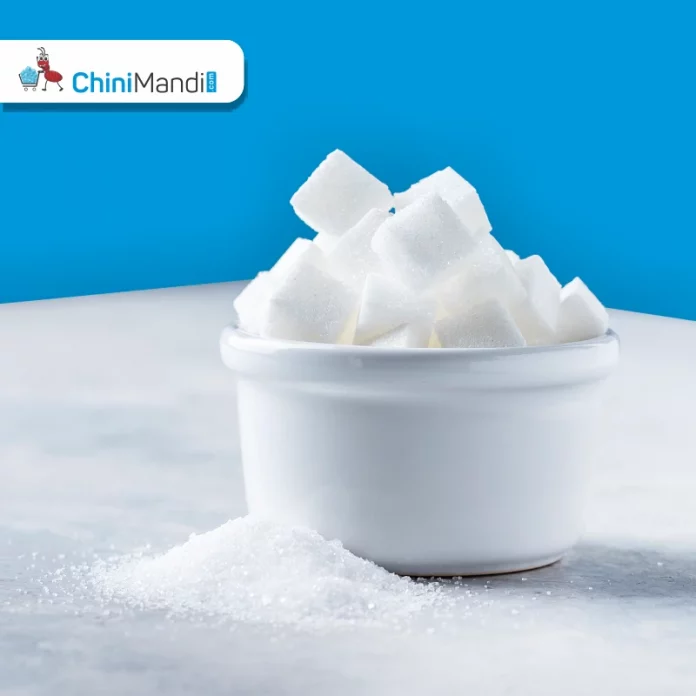In November, sugar prices experienced a decline of approximately Sh5 per kilogram, reaching their lowest point in five months, reported Business Daily Africa.
The decrease was attributed to a surge in imports that helped counterbalance a slowdown in local production. Data from the Sugar Directorate revealed that the average price per kilogram dropped to Sh213 during the month, compared to Sh218 in October. This downward trend follows a steady decline from the peak of Sh224 per kilogram in August, with certain brands currently priced below Sh200 in several supermarkets.
The directorate stated, “Retail sugar prices in November averaged Sh213 per kilo, a drop from Sh218 in October.” Wholesale prices also saw a decrease, reaching an average of Sh8,867 per 50kg bag in November, down three percent from Sh9,145 per 50kg bag in October.
The decline in prices was a consequence of a substantial increase in sugar imports, surging by 51.3 percent to 90,759 tonnes in November – the highest since last March. Consequently, the total sugar supply in the market, including both imports and local production, reached 113,495 tonnes, marking a 37 percent increase from October and the highest level since March.
For consumers grappling with elevated prices, this price drop offers some relief. Over the past year, sugar prices experienced the fastest rate of increase among all food products tracked for inflation by the Kenya National Bureau of Statistics. The surge was a result of a temporary closure of sugar millers for four months starting in July, aimed at allowing cane to mature. The Agriculture and Food Authority made this decision following a cane shortage that led some mills to crush immature cane and fueled cane poaching.
In November, domestic sugar production plummeted to 22,736 tonnes, a significant drop from the peak of 81,648 tonnes in January. Sugar holds a pivotal role in the country’s consumption patterns, being widely used in households and industries. It sweetens beverages such as tea and coffee, contributes to the manufacturing of soft drinks like juices and soda, and plays a crucial role in baking popular foods such as bread and biscuits. Additionally, it is utilized in pharmaceuticals like syrups and beauty products.
Kenya has been a net importer of sugar since the mid-1980s, and the production-demand gap has widened over time. The annual consumption in 2022 stood at 1.11 million metric tonnes, while production reached 790,000 metric tonnes. To bridge the deficit, the country imported 320,000 metric tonnes valued at Sh28 billion.












